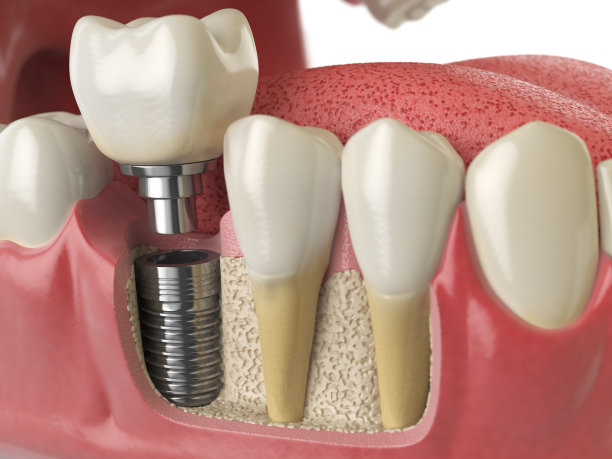Essential Guidelines to Ensure Safety and Success During Root Canal Treatment You Should Know Before Visiting Your Dentist
Summary: Root canal treatment is a dental procedure aimed at saving a tooth that has become infected or decayed. Understanding essential guidelines can significantly enhance the safety and success of the treatment, ensuring a smoother experience. This article delineates four pivotal aspects: understanding the procedure, choosing the right dentist, preparing for the appointment, and post-treatment care. By following these guidelines, patients can alleviate fear, promote effective healing, and ultimately achieve a pain-free dental outcome.
1. Understanding the Root Canal Procedure

The first step in ensuring a successful root canal treatment is understanding what the procedure entails. A root canal involves the removal of the infected pulp from inside the tooth, which is then cleaned, disinfected, and sealed. This understanding can alleviate anxiety for patients who may be fearful of the unknown. Knowledge of the procedure allows patients to ask questions and engage in discussions with their dentists.
A crucial element of the root canal treatment is the use of anesthesia to ensure a painless experience. Most modern techniques aim to minimize discomfort, and the dentist will usually explain the use of local anesthetics before starting. Patients should not hesitate to communicate any concerns about anesthesia or pain management with their dental professional.
Lastly, it is essential for patients to be aware of the potential for multiple visits. Some cases may require follow-up appointments to complete the treatment effectively. Clear communication with the dentist can set expectations and help patients remain informed throughout the process.
2. Choosing the Right Dentist for Your Needs
Finding the right dentist is paramount to a successful root canal treatment. A dentist with specialized training in endodontics will have the expertise to handle complex cases and deliver efficient care. Researching local options, reading reviews, and asking for recommendations from family or friends can assist in making an informed decision.
Another critical factor when selecting a dentist is ensuring they make you feel comfortable. Discussing previous experiences with dental procedures and any anxieties can help the dentist tailor their approach to your needs. A compassionate dentist will listen and adjust their methods accordingly, creating a positive environment for treatment.
Furthermore, consider the technology and techniques used in the dental practice. Clinics equipped with cutting-edge technology often provide more accurate diagnoses and treatments, which can lead to better outcomes. Dentists using advanced imaging systems and techniques improve the efficiency and effectiveness of root canal procedures.
3. Preparing for Your Appointment
Effective preparation for your root canal appointment can significantly enhance the procedures success. First, be sure to inform your dentist about any medications you are currently taking, as certain drugs can affect anesthesia or healing. A comprehensive medical history will guide the dentist in providing the best care possible.
Next, ask your dentist if there are any specific instructions to follow before the treatment. Most patients are advised to eat a light meal prior to the appointment. This helps prevent nausea from anesthesia, which can sometimes occur if a patient has an empty stomach.
Moreover, consider bringing along a support person to your appointment. Having someone with you can provide emotional support and reduce anxiety. It is also useful for post-treatment care, as you might feel groggy or disoriented after the procedure and benefit from assistance during your journey home.
4. Understanding Post-Treatment Care
Post-treatment care is vital in ensuring a successful recovery after a root canal. Following the procedure, patients may experience mild discomfort, which can typically be managed with over-the-counter pain medications. Discussing pain management options with your dentist before leaving the office will ensure that you are prepared.
Maintaining good oral hygiene during recovery is crucial. Gentle brushing and avoiding hard or sticky foods for a few days can help the healing process. Regular oral care can prevent any complications and promote rapid recovery.
Lastly, make sure to schedule follow-up appointments as advised by your dentist. These visits are essential to monitor the healing process and ensure the tooth is responding positively to the treatment. Adhering to these check-ups can allow for early detection of complications, should they arise.
Summary:
In summary, understanding essential guidelines can significantly enhance the safety and success of root canal treatment. From grasping the procedure itself to selecting the right dentist, preparing for the appointment, and adhering to post-treatment care, informed patients can navigate their dental journey with confidence and assurance. Prioritizing these aspects not only reduces anxiety but also promotes effective healing and ultimately a fulfilling dental experience.
This article is compiled by Vickong Dental and the content is for reference only.



